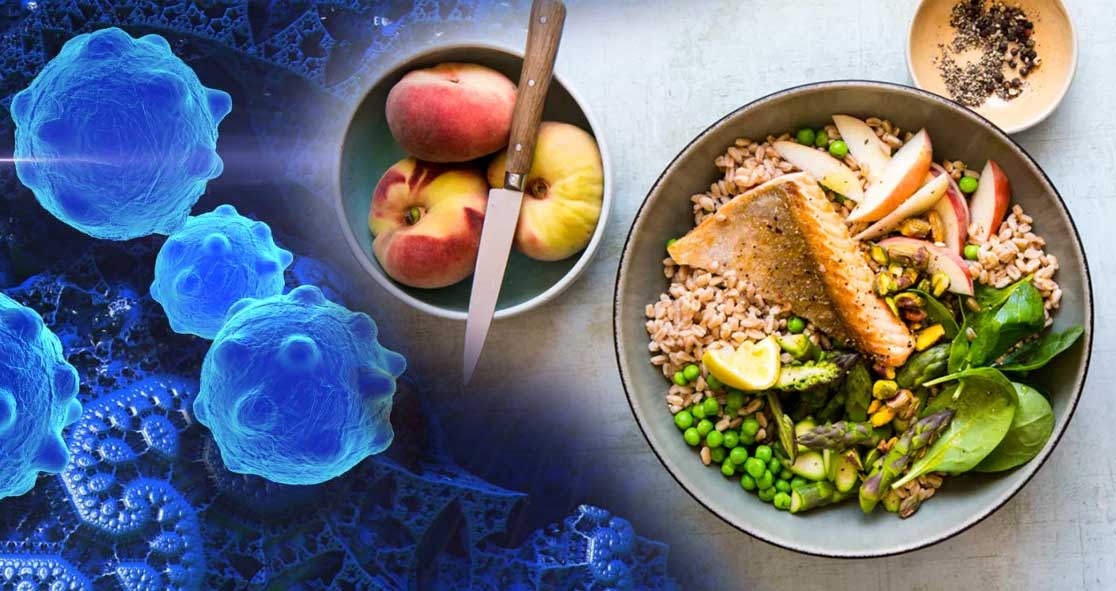There is growing evidence that dietary interventions could slow the growth of some tumors. And now a new MIT study, published last week in Nature, has revealed how those diets could affect tumor cells, explaining why restricting calories may slow cancer growth, according to Science Daily.
Scientists at MIT’s Koch Institute for Integrative Cancer Research conducted the study in mice, examining the effects of a calorically restricted diet and a keto diet with pancreatic tumors.
Both of these diets reduce the amount of sugar available to tumors, but the researchers found that only the calorically restricted diet reduced the availability of fatty acids, and this was linked to a slowdown in tumor growth, per Science Daily.
The authors said that their findings do not suggest that patients with cancer should try to follow these diets.
Senior author Dr. Matthew Vander Heiden said, “There’s a lot of evidence that diet can affect how fast your cancer progresses, but this is not a cure. While the findings are provocative, further study is needed, and individual patients should talk to their doctor about the right dietary interventions for their cancer.”
Lead author Evan Lien said, “A lot of the advice or cultural fads that are out there aren’t necessarily always based on very good science.”
“It seemed like there was an opportunity, especially with our understanding of cancer metabolism having evolved so much over the past 10 years or so, that we could take some of the biochemical principles that we’ve learned and apply those concepts to understanding this complex question,” he added.
Tumor cells often consume glucose and some scientists believe that either the calorie restriction or keto diet might slow tumor growth, as the diets are not high in glucose.
However, the MIT study has shown that the calorie restriction diet has a much greater effect on tumor growth than the keto diet, suspecting that glucose levels were not playing a major role in the slowdown.
What the researchers found is in both the diets, glucose levels went down; however, in the mice that were given the calorie-restricted diet, lipid levels went down, while in mice on the keto diet, they went up. This suggests that lipid could play a key role in slowing down tumor growth.
Cancer cells need lipids to construct their cell membranes so lipid shortages can impair tumor growth.
Lien explained, “Not only does caloric restriction starve tumors of lipids, it also impairs the process that allows them to adapt to it. That combination is really contributing to the inhibition of tumor growth.”
“The purpose of these studies isn’t necessarily to recommend a diet, but it’s to really understand the underlying biology,” he added. “They provide some sense of the mechanisms of how these diets work, and that can lead to rational ideas on how we might mimic those situations for cancer therapy.”





















